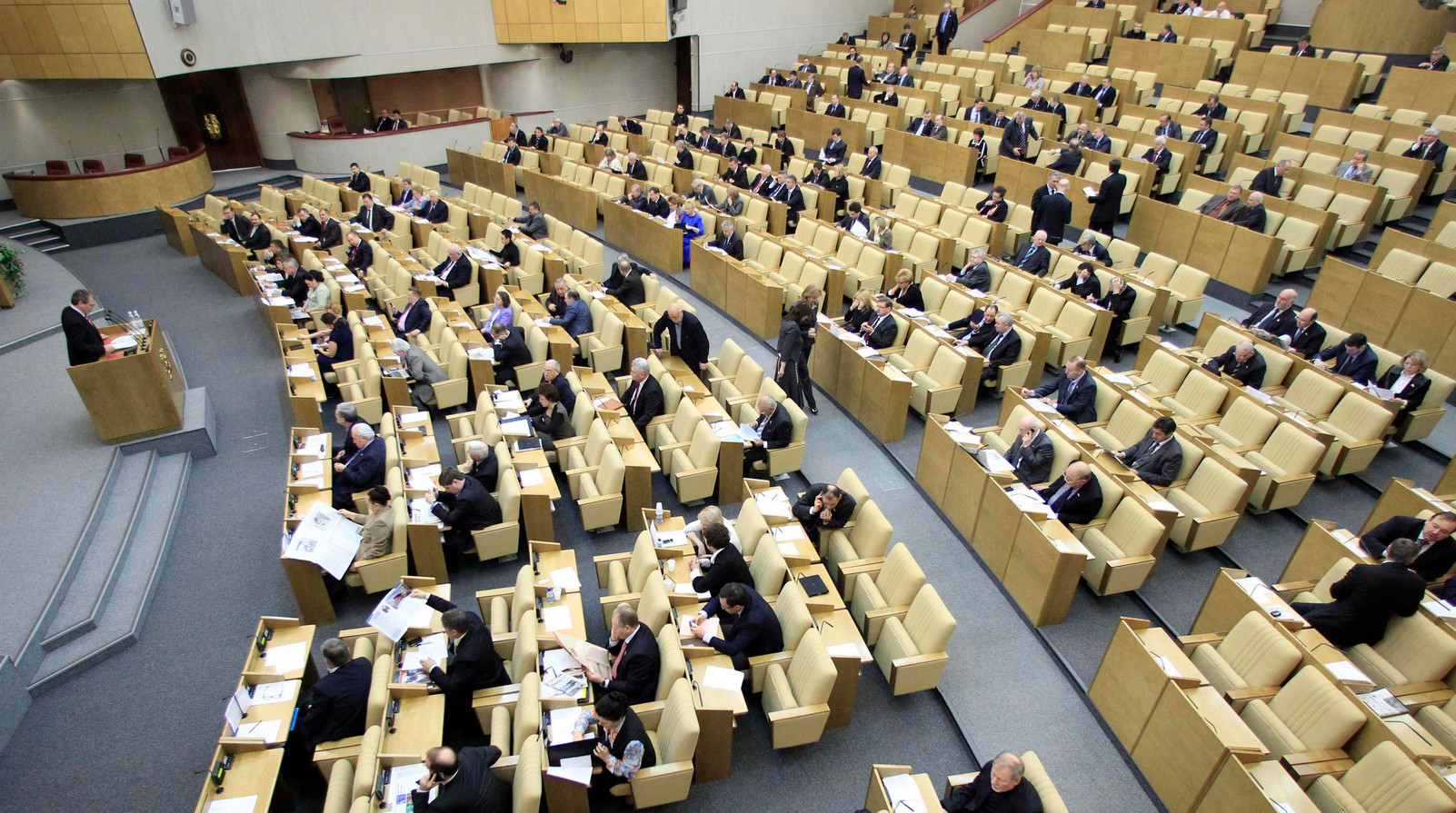The State Duma Committee approved a bill on the regulation of audiovisual services.

The Committee of the State Duma of the Russian Federation approved the draft law on the regulation of audiovisual services and recommended its adoption in the first reading, RBC reports . The document was developed by the Media Communication Union (MKS) and aimed at regulating audiovisual services, primarily online cinemas.
The law implies a reduction in the share of foreign capital in a service that provides audiovisual services to 20%. If at the time of the adoption of the law, any service operating in the territory of the Russian Federation has a large share of foreign capital, the owners will be obliged to sell the “extra” part of their Russian business to local companies.
')
The ISS includes the largest Russian telecom operators and players in the media market. The organization’s members include CTC Media, Gazprom Media, MTS, Megafon, VimpelCom, and so on.
Representatives of the organization speak about the protection of domestic producers and the Russian media market, but the requirement of a document to reduce the share of foreign capital in audiovisual services to 20% raised questions not only from ordinary users and experts , but also in the legal department of the State Duma. There, according to Kommersant , such a demand was called “controversial”, and the government followed a demand to explain this figure.
All this, however, did not prevent the State Duma committee from approving the law for consideration by lawmakers. If the draconian document is nevertheless adopted contrary to popular opinion in the government itself regarding its effectiveness and soundness, then all audiovisual services with attendance of 100 thousand users, or 20 thousand users from one subject of the Russian Federation will fall under its action.
The entire ISS initiative can be decomposed into two obvious components: squeezing more successful foreign players and a raider seizure of 80% of the business of those who decide to stay on the Russian market.
In fact, the law, which is being pushed by telecom operators and media companies, will lead to the monopolization of the market by the latter and the creation of legislative leverage on unwanted foreign services from those remaining in the market.
It is worth noting that although the law on the regulation of audiovisual services is aimed primarily at resources extending commercial content, it is theoretically possible to bring Youtube under its action. Obviously, Google will not isolate the share of its Russian video hosting segment for resale to local companies, but will simply leave Russia. In this situation, it is necessary to understand that Youtube alone generates 30% of the Internet traffic consumed in the country , the payload of which falls on telecom operators, which are also included in the ISS.
So far, representatives of the MKS and other interested departments publicly assure that Youtube does not fall under the law in question. But the wording of the document and the width of interpretations of the definition of “audiovisual service” will in the future put it on a par with online cinemas, for example, ivi.ru and Megogo, which will have the first blow: both resources are registered in Cyprus.
Now the members of the ISS account for only 17% of the market of audiovisual services (online cinemas). According to RBC estimates, this market is now fast-growing and promises considerable profits, as the culture of buying content online and subscribing to paid audiovisual services in the Russian Federation is still in the stage of formation and awareness by the population.
Source: https://habr.com/ru/post/400531/
All Articles